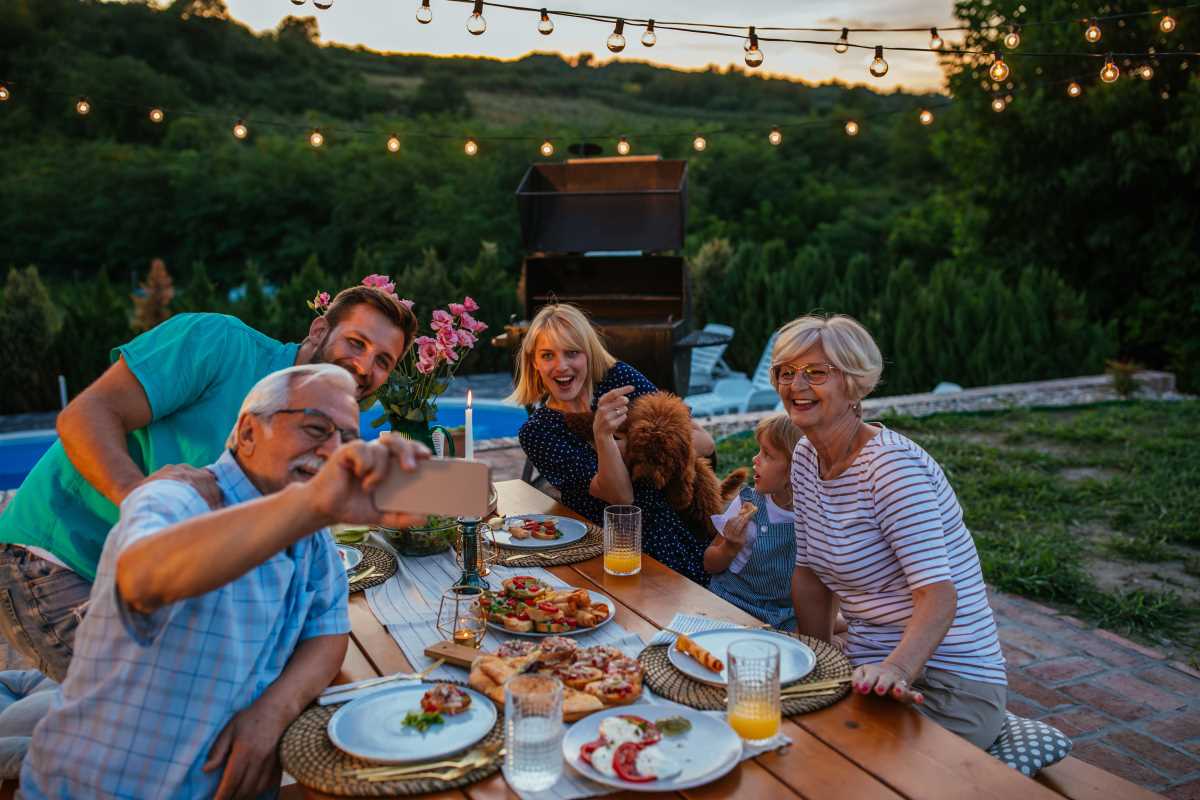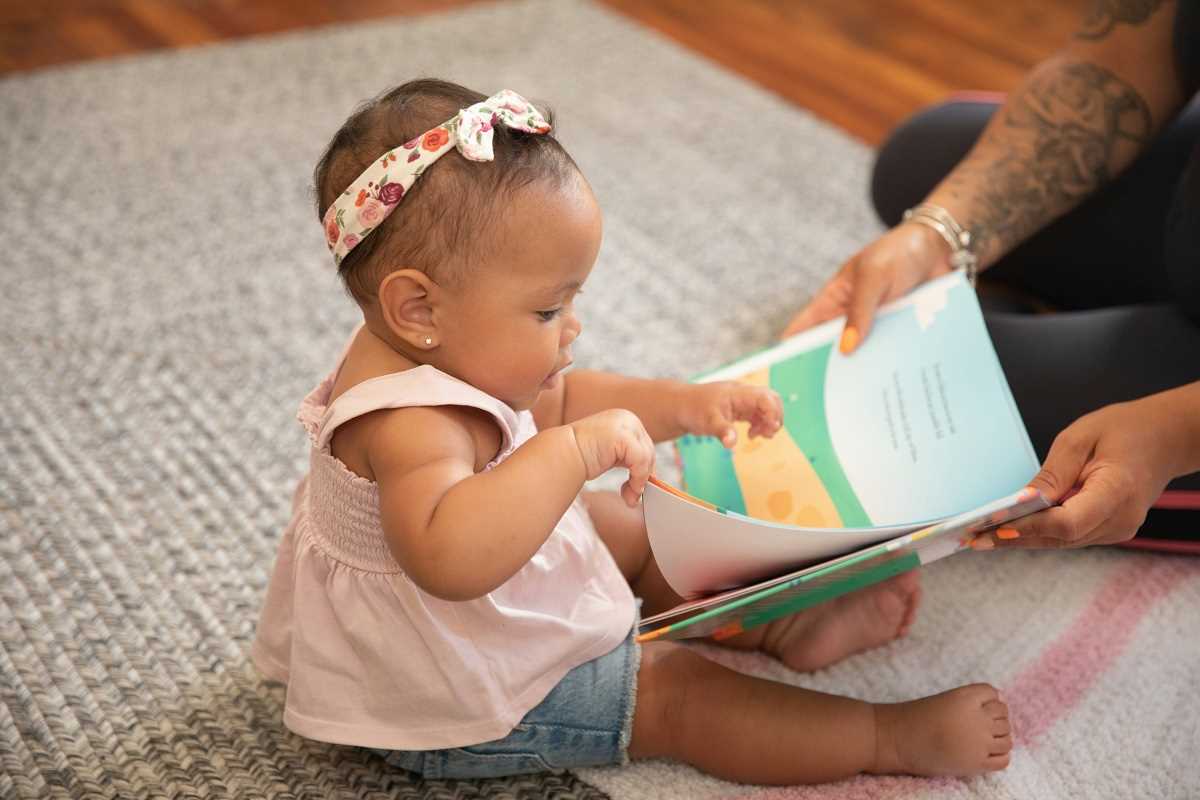Family traditions represent the heartbeat of our homes, offering comfort, connection, and continuity that span generations. These cherished rituals—whether it's gathering for Sunday dinners, celebrating holidays with specific customs, or taking annual vacations—create shared experiences that become the foundation of lasting memories and strong emotional bonds. They give rhythm to family life, reinforcing a sense of belonging and identity, especially during times of change or uncertainty. Traditions also provide opportunities for teaching values, passing down stories, and creating a legacy that reflects the family's unique character. As the world increasingly grapples with environmental challenges, it becomes essential to evolve these rituals with intention and foresight. By thoughtfully integrating sustainability into traditional family practices, we not only preserve their meaning but also empower younger generations with a sense of responsibility, care, and awareness for the planet. This fusion of tradition and sustainability ensures that the customs we treasure today remain impactful and relevant tomorrow.
The Importance of Family Traditions
Family traditions play a crucial role in strengthening the bonds between family members. They provide a sense of stability and predictability, helping individuals feel secure and connected. Regular traditions create lasting memories that family members can cherish for a lifetime, building a strong family identity and a shared sense of purpose.
Engaging in family traditions encourages open communication and collaboration among members. These shared experiences offer opportunities for families to support each other, celebrate achievements, and navigate challenges together, reinforcing the emotional ties that keep families united.
Incorporating Sustainability into Traditions
Integrating sustainability into family traditions ensures that these practices remain enjoyable and environmentally responsible. Here are some sustainable practices families can adopt:
- Eco-Friendly Decorations: Use reusable or recyclable materials for decorating during holidays and celebrations.
- Planting Trees: Make tree planting a part of your family’s annual activities to contribute positively to the environment.
- Waste Reduction: Implement practices like composting or minimizing single-use plastics during family gatherings.
- Energy Conservation: Incorporate energy-saving habits, such as turning off lights when not in use or using energy-efficient appliances.
- Eco-Tourism: Choose sustainable travel destinations and practices when planning family vacations.
Ideas for Sustainable Family Traditions
- Monthly Nature Walks: Explore local parks or nature reserves together, nurturing a love for the environment.
- Seasonal Garden Projects: Plant and maintain a family garden, learning about sustainable agriculture and teamwork.
- DIY Craft Days: Create homemade decorations and gifts using recycled or natural materials.
- Weekly Recycling Challenges: Turn recycling into a fun competition to encourage proper waste management.
- Community Clean-Up Events: Participate in or organize local clean-up activities to give back to the community.
- Family Bike Rides: Choose biking over driving for weekend outings to reduce carbon footprints.
- Eco-Friendly Cooking Nights: Cook meals using locally sourced and organic ingredients, promoting sustainable eating habits.
- Annual Sustainability Awards: Recognize and reward family members for their contributions to maintaining sustainable practices.
- Documenting Traditions: Maintain a family journal or blog to document and share sustainable traditions.
- Celebrating Earth Day Together: Dedicate a day each year to activities that honor and protect the Earth.
Challenges and Solutions
Maintaining sustainable family traditions can present challenges, but thoughtful planning can help overcome these obstacles:
- Lack of Time: Schedule regular family meetings to plan and incorporate sustainable practices seamlessly into daily routines.
- Cost Constraints: Opt for low-cost or free sustainable activities, such as nature walks or DIY projects using household materials.
- Resistance to Change: Involve all family members in the decision-making process to ensure everyone feels invested and motivated.
- Limited Resources: Utilize community resources like local libraries, parks, and recycling centers to support sustainable activities.
- Knowledge Gaps: Educate the family about the benefits of sustainability through workshops, documentaries, or online resources.
Maintaining Traditions in a Modern World
Balancing traditional practices with the demands of a modern lifestyle can be challenging, but it's essential for the longevity of family traditions. Embracing technology can enhance these traditions without compromising their essence. For example, using video calls can include extended family members in celebrations or using apps can help organize and track sustainable activities, making traditions more adaptable and inclusive.
Finding ways to maintain family traditions by being flexible and open to change is important. This adaptability ensures that traditions remain relevant and meaningful, even as family dynamics and societal norms evolve.
Sustainable family traditions strengthen bonds while nurturing care for the environment. By weaving eco-conscious practices into cherished rituals, families can create a legacy that lasts for generations.







